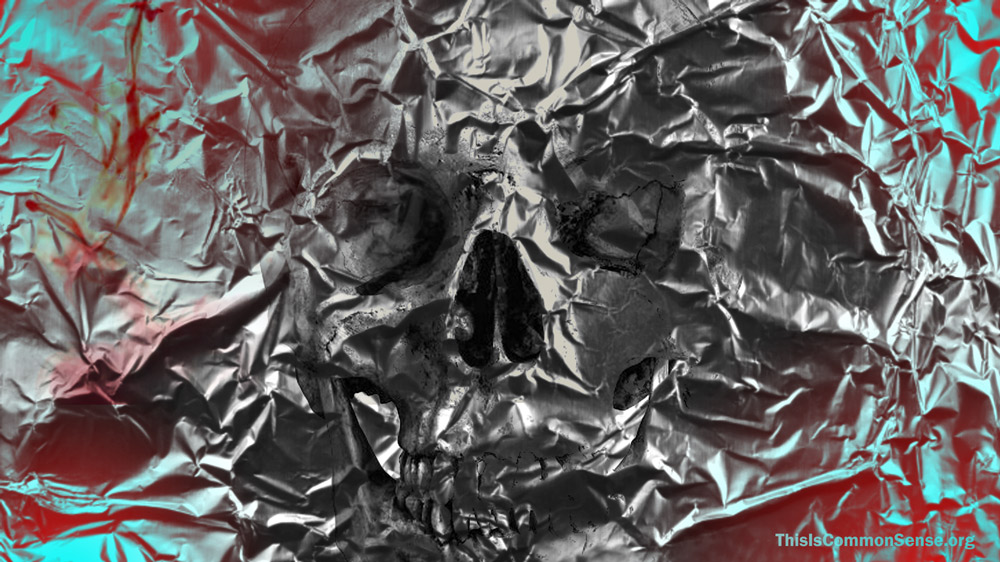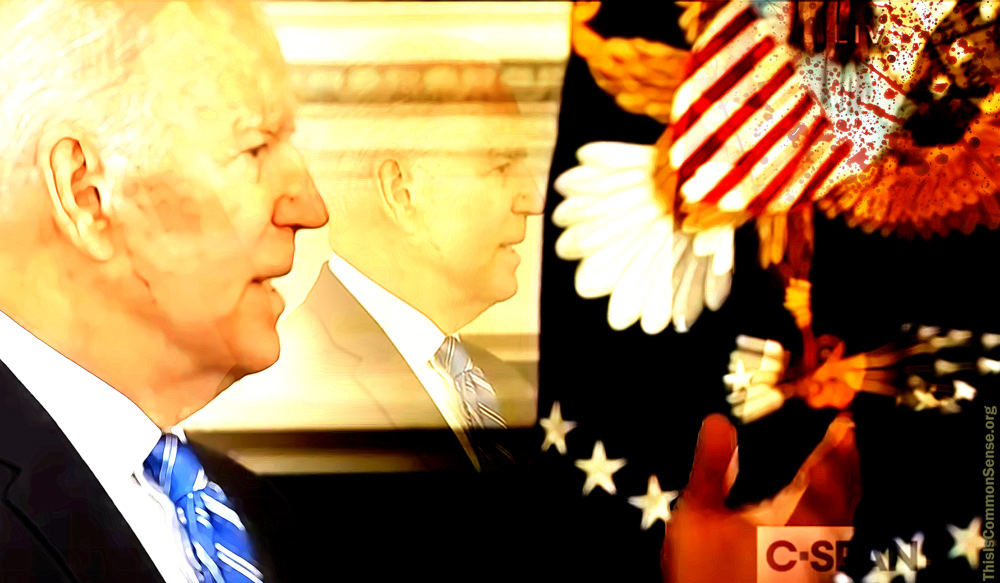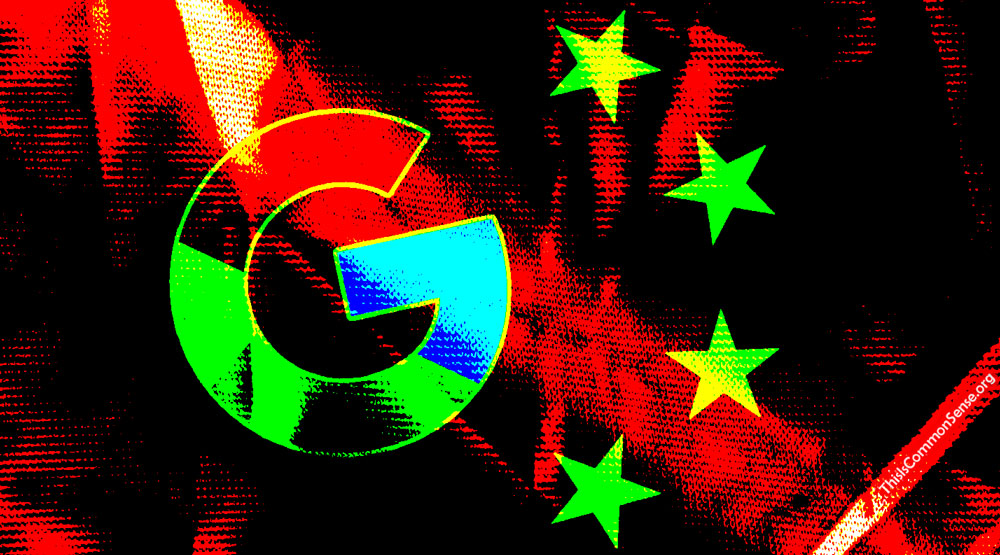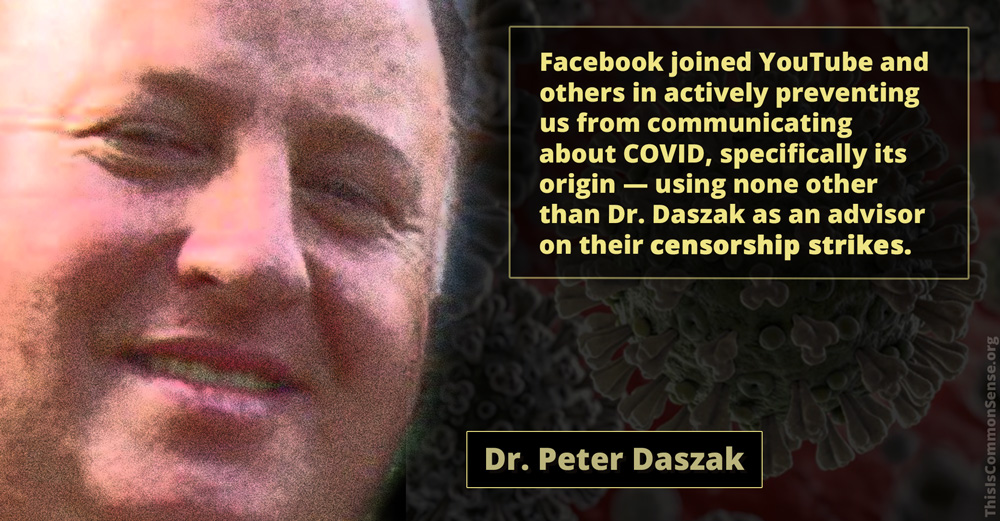“Conspiracy theories circulated online over social media contribute to a shift in public discourse away from facts and analysis,” proclaims a new study by the Rand Corporation think tank, “and can contribute to direct public harm.”
Titled “Detecting Conspiracy Theories on Social Media,” the study, paid for by Google’s Jigsaw unit, proposes to “improve machine-learning technology for detecting conspiracy theory language by using linguistic and rhetorical theory to boost performance.”
All very fascinating, but … do conspiracy theories shift public discourse away from “facts and analysis”?
They do challenge accepted facts, and are themselves examples of extended analyses.
Often off track? Sure.
But their problematic nature is not as stated.
The assumption throughout is that conspiracy theories are always in error. But when the report goes on to say that “conspiracists also distrust authority and believe that those who produce the news are lying to them,” there’s no fact check — why do the Rand authors believe we are not being routinely lied to?
This becomes almost funny with the COVID origination debate. The Wuhan Lab Leak Theory is one of four current popular conspiracy notions the report looks at. And when the report was being written, the lab leak theory was marginalized on social media and pooh-poohed amongst most public health experts. Now we know that there was an actual conspiracy to bury evidence for it.
Truth is: conspiracies happen. Most bandied-about theories may be cuckoo, but a few turn out rock solid.
The honest way to deal with suspicions of a conspiratorial nature is pointed inquiry into relevant facts … with careful analysis.
The Rand Corporation and Google are more interested in defending the authorities.
Who often lie.
This is Common Sense. I’m Paul Jacob.
—
See all recent commentary
(simplified and organized)





